Court findings: Asbestos sprayed through Rundle Mall department stores caused employees’ deaths
Rundle Mall’s old department stores were sprayed extensively with asbestos when they were built in the 1960s – now court cases are revealing retail employees died after being exposed to the cancer-causing substance.
City
Don't miss out on the headlines from City. Followed categories will be added to My News.
- Adelaide dad awarded record $3.1m asbestos payout
- Rundle Mall’s new logo: They paid $70,000 for that?
Retailers have paid compensation to employees who contracted fatal illnesses from being exposed to asbestos sprayed by contractors within their Rundle Mall department stores in the 1960s, court documents have revealed.
David Jones, Myer and John Martin’s have been sued by staff who developed mesothelioma from asbestos sprayed on steel beams. The asbestos has since been removed, either through demolition of the buildings or refurbishment.
In the most recent judgment – handed down this month – three Supreme Court judges ordered a contractor to fund the bulk of $435,000 paid in compensation by David Jones to a window dresser who died in 2008.
Bradford Insulation (BI) Contracting Pty Ltd unsuccessfully appealed against an order by the District Court to pay 75 per cent after it found the company failed to warn David Jones about the dangers of asbestos.
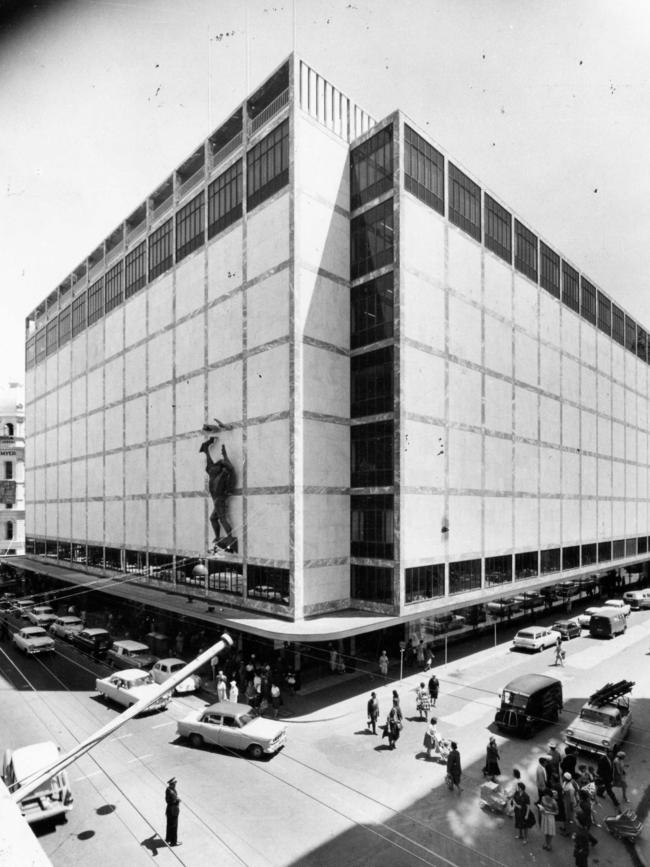
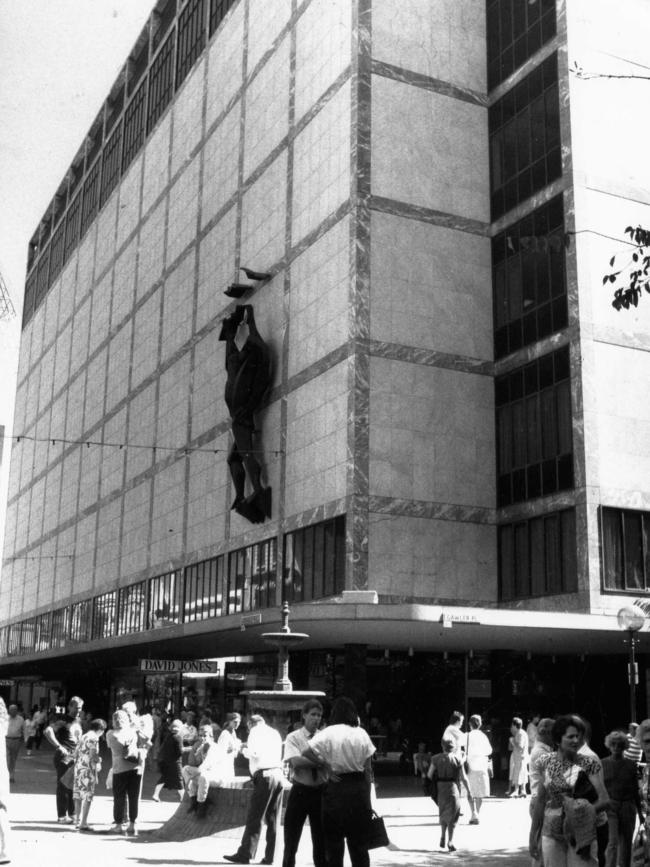
Phillip Murphy, 60, is among several former Rundle Mall workers to successfully take legal action against David Jones, Myer and John Martin’s over the past 15 years. The others include a plumber, carpenter and wallpaper salesperson.
Their lawyers told the Dust Diseases Tribunal and District Court their clients were exposed to large amounts of asbestos sprayed by Bradford Insulation inside Rundle Mall department stores.
The highly toxic blue asbestos — known as crocidolite — was widely used as a fire retardant during construction projects in the 1950s and 1960s.
During Mr Murphy’s case, lawyers detailed how Bradford Insulation had sprayed 18,500 sqm of crocidolite during the construction of the David Jones store in Rundle Mall (then called Rundle St) in the early 1960s.
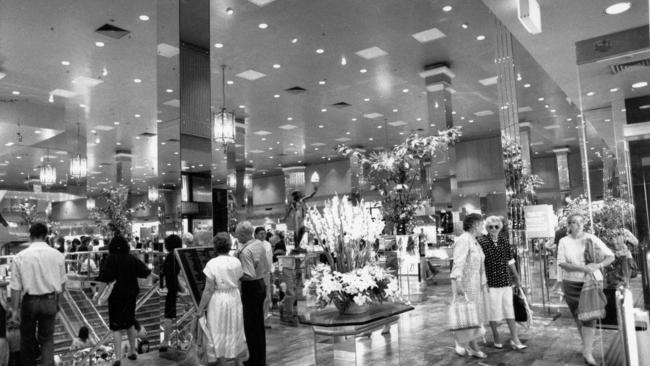
Mr Murphy’s lawyers told the Dust Diseases Tribunal he subsequently was exposed to the asbestos while working as a display artist in the top storey of the building between 1965 and 1978.
Former David Jones staff gave evidence that dust from the asbestos often came out of airconditioning ducts or ceilings and that the sprayed asbestos could be seen on exposed steel beams.
David Jones settled the case in 2007 by paying Mr Murphy $435,000 in compensation. He died the following year.
The matter then ended up with the District Court, with David Jones suing Bradford Insulation. It argued the company should pay the bulk of the compensation because it did not warn David Jones about the dangers of asbestos in the 1960s.
In his findings, Judge Brian Gilchrist ruled Bradford Insulation “knew when it sprayed asbestos at the Charles Birk store (David Jones) in 1960 that it was hazardous and that it took no steps to warn David Jones or any of its employees of the dangers that it posed”.
“I find that BI’s failure to warn of the dangers that the asbestos that it sprayed at that store presented showed a want of care on its part,” he said.
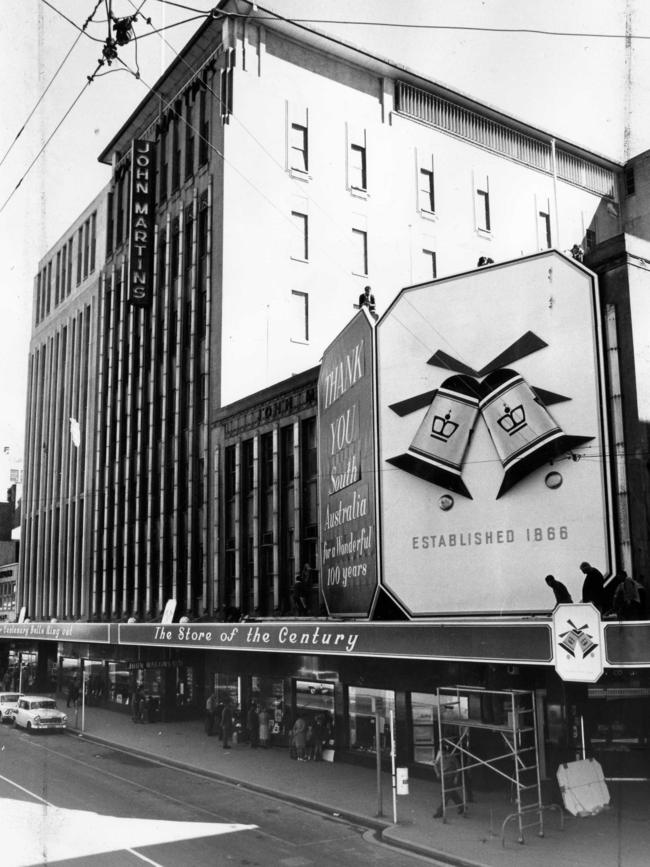
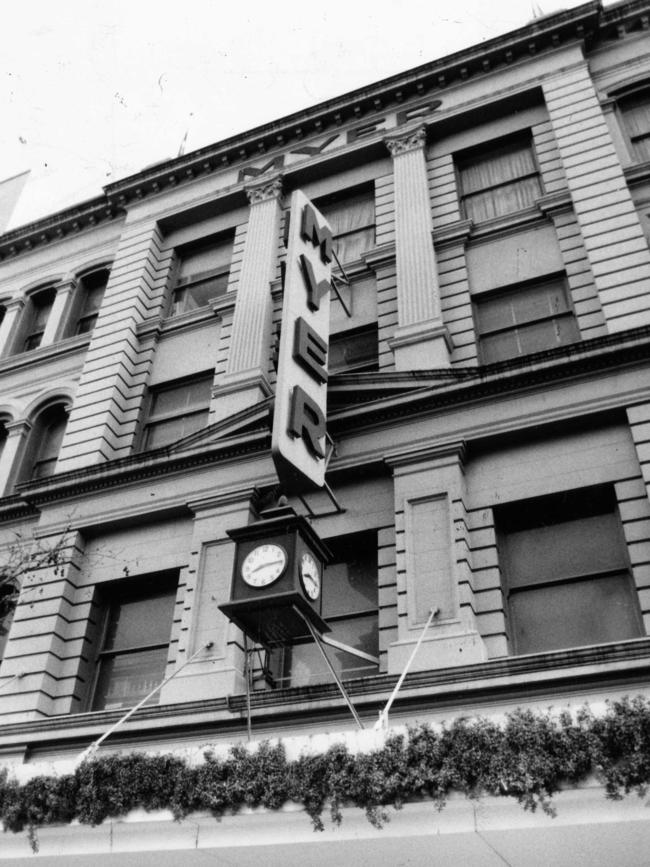
“It knew before it supplied and installed it at the Charles Birk store that it was hazardous and that it could harm those who were exposed to it.
“It could have and should have provided warnings and information about the hazards that it presented.
“It took no steps after it had installed the asbestos to warn David Jones of the danger that it presented.
“Its indifference to the health and safety of those who it knew would be exposed to the product that it supplied, and which it knew was dangerous, was an extreme departure from the standard of care that would be expected of the reasonable person.”
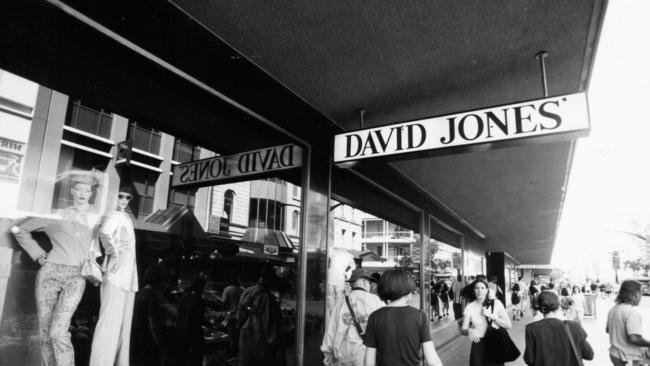
However, Judge Gilchrist also found that David Jones should have investigated the potential risks posed by the asbestos as more evidence emerged of its danger.
“Whilst there is no evidence that establishes that David Jones knew about the dangers of exposure to asbestos, given the state of knowledge in the 1970s about those dangers, it could have and should have made enquiries about the risks that working with asbestos entailed,” he said.
“I am permitted to know that over Mr Murphy’s employment with David Jones that it was a sophisticated, well-resourced entity. As such, its lack of knowledge about the danger of asbestos was inexcusable.
“It should have taken appropriate protective measures to minimise the harm to which its employees were exposed.
“Its departure from the standard of care that would be expected of the reasonable person acting in its position over the period of Mr Murphy’s employment was significant and became increasingly so as the years passed.”
Judge Gilchrist ordered Bradford Insulation to pay 75 per cent of the compensation to David Jones, prompting the company to appeal to the Full Court of the Supreme Court.
In its findings — handed down on November 8 — the Full Court upheld Judge Gilchrist’s decision and rejected the appeal.
Adelaide lawyer Annie Hoffman, who specialises in asbestos cases, said Mr Murphy’s case highlighted how asbestos sprayed in Adelaide buildings had caused serious health issues.
“Sadly, this is not the first case of someone contracting an asbestos-related disease after working in a retail store containing sprayed asbestos,” she said.
“I have represented a number of former retail workers who contracted mesothelioma as a result of being exposed to sprayed asbestos in the buildings where they worked.
“There have also been cases involving the workers who installed the sprayed asbestos, other tradesmen on site when the spray was installed, maintenance workers who worked in areas where the spray was installed, and retail employees who simply worked in the buildings.”

Ms Hoffman, of Turner Freeman, said sprayed asbestos was highly friable.
“This means that as it ages and degrades, the material easily becomes loose, releasing dust and fibres,” she said.
“This spray mixture often used crocidolite, commonly known as blue asbestos. Crocidolite is highly toxic and is thought to be the most potent asbestos fibre in terms of causing the asbestos cancer mesothelioma.”
Ms Hoffman said evidence tendered to the District Court during Mr Murphy’s case showed “that the sprayed asbestos at the David Jones store was at times left exposed so that not even a false ceiling was there to encapsulate the beams and restrict the spread of asbestos fibres”.
“People don’t often associate shop assistants as a group of people at risk of asbestos diseases, but in my practice, when a client tells me they worked at one of these department stores, we always investigate that as their potential source of exposure.”
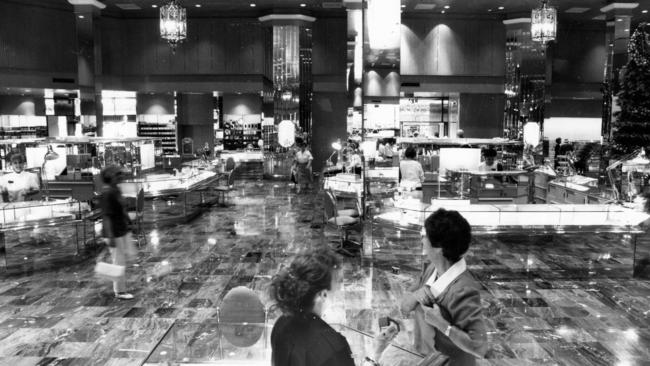
A David Jones spokeswoman said the company was committing to helping employees who had suffered because of exposure to asbestos.
“This is a regrettable issue resulting from the widespread use of asbestos in the construction industry in the 1960s, and we are deeply sorry for the impact this has caused,” she said.
“David Jones is committed to ensuring all legislative requirements with respect to asbestos are met and maintained.
“In addition, we are committed to ensuring all team members who may have had exposure to asbestos are supported and assisted, including through the provision of annual health checks.”
A Myer spokesman said the company acknowledged the “devastating impacts asbestos exposure has had on members of the Australian community and, also, to Myer employees who worked in the now demolished Rundle Mall store”.
“Where possible, Myer has co-operated with parties who are assisting past employees receive compensation they are entitled to,” he said.
Industrial company CSR, which owns Bradford Insulation, declined to comment.
THE CASES
